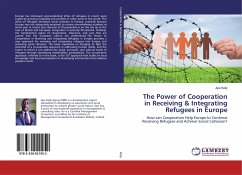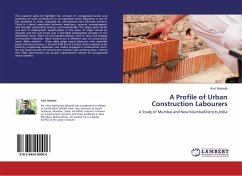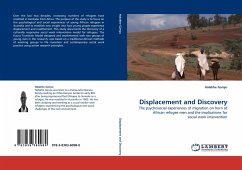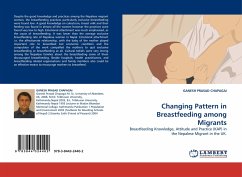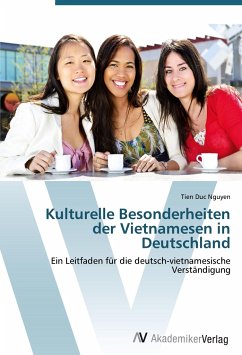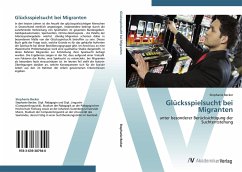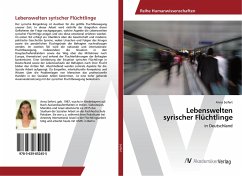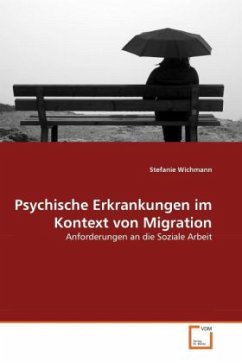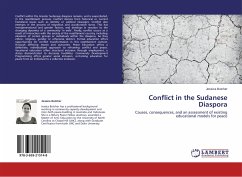
Conflict in the Sudanese Diaspora
Causes, consequences, and an assessment of existing educational models for peace
Versandkostenfrei!
Versandfertig in 6-10 Tagen
27,99 €
inkl. MwSt.

PAYBACK Punkte
14 °P sammeln!
Conflict within the Greater Sudanese diaspora remains, and is exacerbated, in the resettlement process. Conflict derives from historical or current homeland issues such as identity or political cleavages. Conflict also emerges in the process of migration and acculturative stress. This has intergenerational and gender factors, and develops in reaction to the changing dynamics of a community 'in exile'. Finally, conflict occurs as a result of interaction with the society of the resettlement country, including elevation of certain groups or individuals within the diaspora, be they ethnic, religio...
Conflict within the Greater Sudanese diaspora remains, and is exacerbated, in the resettlement process. Conflict derives from historical or current homeland issues such as identity or political cleavages. Conflict also emerges in the process of migration and acculturative stress. This has intergenerational and gender factors, and develops in reaction to the changing dynamics of a community 'in exile'. Finally, conflict occurs as a result of interaction with the society of the resettlement country, including elevation of certain groups or individuals within the diaspora, be they ethnic, religious, gender or otherwise distinct. Formal education offers opportunities for conflict transformation in this resettlement context, through differing means and outcomes. Peace Education offers a deliberate, individualized approach to reframing conflict and peace. Vocational education offers structural inclusion through employment, a status demonstrated to decrease hostilities. Community Development Programming offers greater social inclusion, re-framing education for peace from an individual to a collective endeavor.



